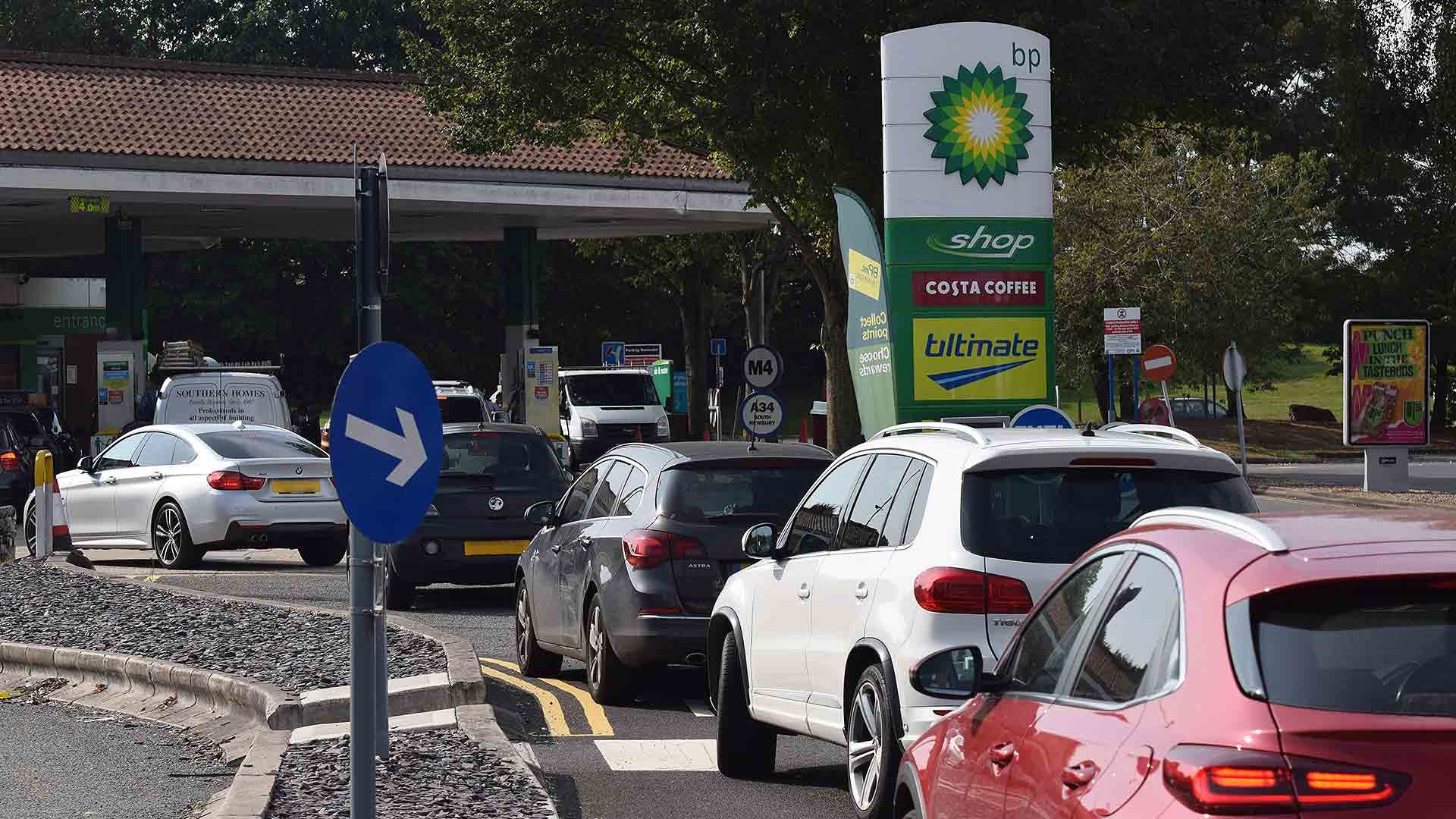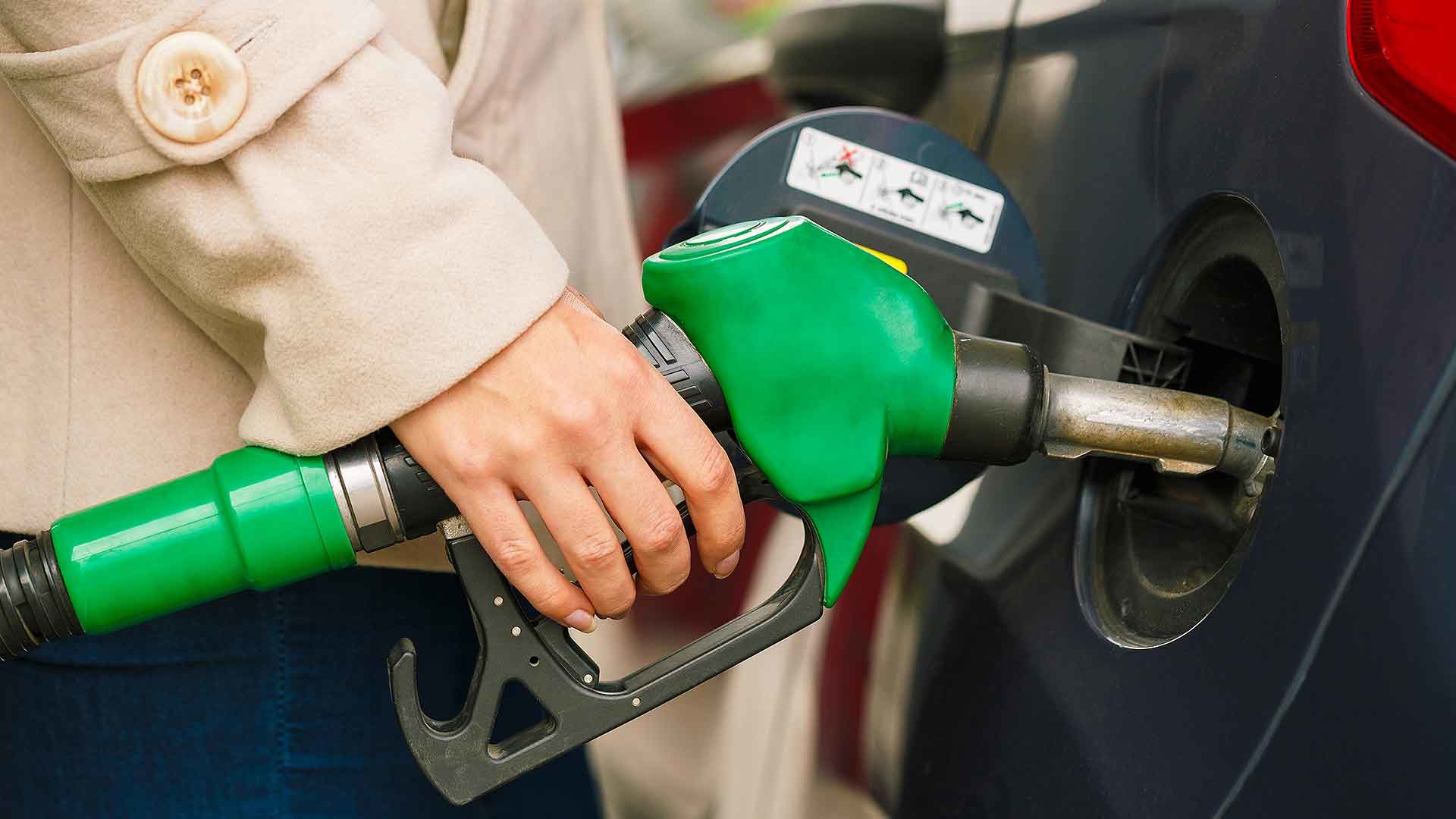
As the cost of fuel continues to soar, the number of people attempting to drive away from petrol stations without paying also seems certain to rise.
Known by the police as ‘bilking’, this offence costs every petrol station around £10,500 per year. And figures obtained by Crown Oil show 99 percent of crimes don’t result in a prosecution.
The act of leaving a petrol station without paying for fuel is covered by the Theft Act 1978. The offence of Making Off Without Payment (MOWP) is outlined in section three of the Act.
The Theft Act 1978 states: ‘A person who, knowing that payment on the spot for any goods supplied or service done is required or expected from him, dishonestly makes off without having paid as required or expected, and with intent to avoid payment of the amount due, shall be guilty of an offence.’
In serious cases, a person found guilty of Making Off Without Payment could face a maximum of two years in prison and an unlimited fine. Defendants convicted in a Magistrates’ Court can be fined up to £5,000 and/or jailed for up to six months.
Police may not investigate

However, the police may not investigate the crime of making off without paying for fuel unless there is proof of criminal intent. Devon and Cornwall Police hit the headlines when a forecourt owner was told officers would only respond if there was an obvious ‘intent’ to steal.
A request under the Freedom of Information (FOI) Act in 2019 shows that, of 897 offences of Making Off Without Payment, Devon and Cornwall Police listed a total of 616 as ‘Investigated as far as reasonably possible. No suspect identified’. Some of these may not have been related to a petrol station drive-off.
In a separate FOI, West Yorkshire Police said it did ‘not have a specific policy’ in relation to the offence of leaving a petrol station without paying, but it has ‘specific guidance’ for forecourt retailers.
‘In summary, if the suspect draws fuel, enters the store and purchases items before paying for those items, the call taker will ask whether the suspect has been asked whether they have taken any fuel.
‘If the question was asked, the offence made out is one of fraud by false representation. If the question was not asked, the offence is making off without payment.
‘Where fuel is drawn and the offender simply drives off, the offence is making off without payment. However, where this is done in a vehicle bearing false registration plates, the appropriate offence is theft – non specific. The appropriate crime record is then completed.’
If petrol station staff believe the act of making off without payment was unintentional or accidental, they are advised to contact the DVLA. The retailer can then seek to recoup the losses using the details of the car’s registered keeper.
How to prevent petrol station theft

In the past, police chiefs have suggested the petroleum industry could eliminate ‘bilking’ by making motorists pay for fuel upfront – a practice that is common in other countries.
However, retailers are reluctant to implement this because the walk-in shop, with its range of high-profit-margin drinks and snacks, is a core part of their business.
Fuel theft looks likely to decline in the longer term, as increasing numbers of drivers switch to electric. At present, however, the British Oil Security Syndicate estimates that UK police forces dedicate more than 800,000 resource hours to the problem each year.
This article is kept updated with the latest information
ALSO READ:
Government demands urgent review of petrol station fuel prices
Is it illegal to run out of fuel on the motorway?
10 ways to cut your car fuel bills
What if you got fuel, got groceries, went in, paid thinking you HAD paid for fuel, got sent a notice that you had “stolen” the fuel, checked your bank records and found that you had only been charged for the groceries ?
I paid by contactless and never bother with a receipt, now I am being accused of making off without payment with the associated recovery fee, not my mistake but I am having to pay for it.
What happened with this, ive just had the same happen
Same happened to me , checked reciept at work, no fuel charged, rang garage to pay, garage refused payment ,went in in person a week later to pay , garage refused payment for the 2nd time. Gave me a Vars notice with a 30 pound charge, appealed on Vars website, then tried to pay fuel plus charge of £30 a further 4 times still no joy,
Contacted police to see if it was a scam of some sort. Advised to go to citizens advice. Going back to the garage this week with a cash payment taking a video of myself handing over the cash to a staff member whether they accept or not.
What happened – have you had to
Pay the ‘fine??’
Police need to prove….
‘A person is guilty of theft if he dishonestly appropriates property belonging to another with the intention of permanently depriving them of it.
No dishonesty no crime.
I just went to petrol station put £15 pounds in realised once I was in the shop that I had forgot my wallet asked cashier to take my phone didn’t accept and said I had to pay extra to fill out a form I said I wouldn’t pay extra and drove back to my home grabbed wallet went back to store I was about 5 min said I couldn’t pay as they have reported as a drive off would any one know how I could pay the £15 or would I have to wait for something in the post?
They can’t put that down as a drive off as you explained your situation and came back to pay. Tha
The excuse that motorists will not use the “shop” is nonsense. If each Petrol Station was loosing £10.500 pounds a year that figure must be up by 50% now at around £16.000. Pre payment is the only reasonable solution. Most people use car payment at the pump and never set foot in the “shop”.
The attendant in my local Shell garage had £94 deducted from her wages as is Shells policy and even though the police had the offenders home address they said that they would not proceed as it would take too much paperwork (Shameful) poor girl is now out of pocket through no fault of her own.
My son drives my old car and is insured on it. He drove off without paying for fuel and now VARS are chasing me for the amount plus another £60. Although my son bought the car off me, I kept it on my name because he has mental health and drugs issue. I emailed VARS to explain that I wasn’t driving and although they sent a picture with the notice showing that my son was the one who took the fuel, they are saying I am still liable as I am down as the registered owner. I have given them my son’s name but unable to tell VARS where he lives as he currently has no fixed abode and just sofa surfing. I threw him out a month ago because he was stealing and damaging the house and still refusing to accept any help. VARS are saying I am still liable as I havent hiven them an address fir my son and are now passing the matter on to their debt collection department. I am really concerned as I have immaculate credit history and never missed a bill! Where do I stand legally? Am I liable?
So what happens if someone pays for some of the fuel they have put in. There’s a video going around here in UK where a guy has filmed paying only 14 for fuel but put in more.
His saying in camera that he won’t pay the rest as Shell are making a profit.
So in a way his not driving off. Just paying for part of the fuel his put in. I guess it will be a civil case?